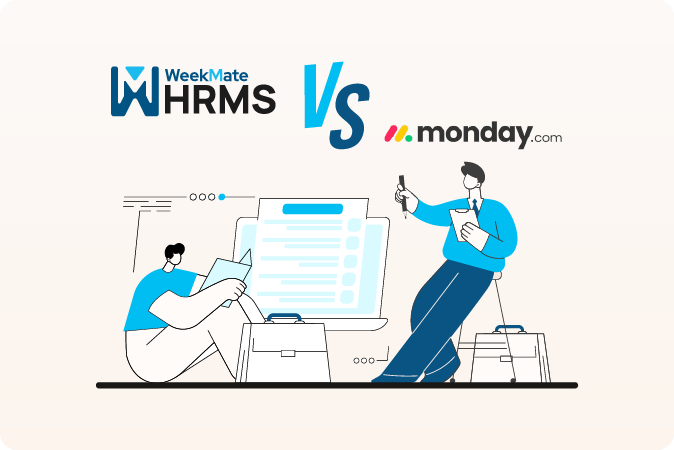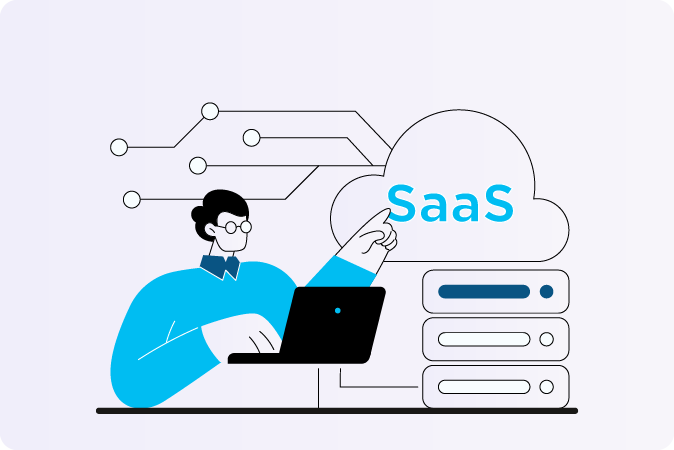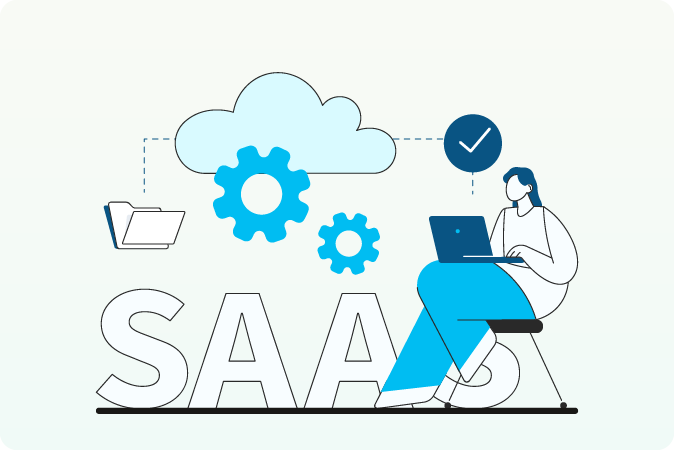
When businesses compare HRMS with Monday.com, the decision often comes down to a simple question: What does your organization actually need specialized HR automation or flexible work management?
WeekMate HRMS is built specifically for HR teams that require payroll processing, compliance management, and complete employee lifecycle automation.
Monday.com, on the other hand, suits smaller teams looking for collaborative task management and customizable workflows.
If you’re evaluating Monday.com competitor, searching for sites like Monday.com, or simply trying to find the best Monday.com alternatives, this guide will help you determine which platform fits your 2025 business needs.
HRMS Vs. Monday.com: What Sets These Platforms Apart?
HRMS: Built for HR Teams
HRMS platform handles the complex workflows of human resources. It helps with advanced end-to-end HR tasks, through:
- Payroll calculations that factor in overtime, holiday pay, and tax withholdings.
- Compliance tracking that keeps companies out of legal trouble.
- Employee databases that store everything from emergency contacts to performance reviews.
HRMS eliminates manual processes and provides a centralized, secure platform for all HR operations making it a powerful Monday.com alternative for enterprises.
Monday.com: Basic HR and Work Management
Monday.com takes a different path. It’s a work management platform that can be shaped into almost anything—project tracking, team collaboration, or yes, basic HR processes.
Monday.com offers HR templates and customizable workflows. But it’s fundamentally a project management tool adapted for HR, so it’s not a purpose-built HR software.
This flexibility makes Monday.com appealing to teams wearing multiple hats. The same platform handling product launches can also track job candidates.
HRMS & Monday.com: Feature-by-Feature Breakdown
HRMS Features: How HRMS Supports Growing & Established Businesses?
WeekMate HRMS delivers comprehensive HR functionality designed for modern workspaces:
- Payroll Automation: Handle complex payroll calculations, tax deductions, and direct deposits without manual intervention.
- Leave and Attendance Management: Track employee hours, manage leave requests, handle comp-offs, and WFH approvals.
- Employee Performance Tracking: Set personal goals, maintain team targets, conduct performance reviews, and manage employee rankings.
- Compliance & Policy Management: Ensure adherence to labor laws, manage organization policies, and handle audit requirements.
- Employee Records & Lifecycle Tracking: Centralized employee database managing everything from hiring to separation details.
- AI-driven Insights and Analytics: Generate real-time HR insights, user reports, and predictive analytics for workforce management.
Additional features include biometric punching, asset management, bill reimbursements, ticket management, and the Waffle recognition system—all designed specifically for HR teams.
Monday.com’s HR Toolkit
Monday.com approaches HR differently:
- Customizable workflows: Let teams design their own hiring processes. Visual kanban boards show candidates moving through interview stages.
- Dashboard views: Provide quick overviews of team projects and employee assignments. Everything stays visual and easy to digest.
- Collaboration features: File sharing, comments, and @mentions keep everyone connected.
- Template library: Includes pre-built HR processes, though these require significant customization to match specific company needs.
- Basic automation: Handles simple tasks like sending reminder emails or moving tasks between columns.
However, these features require extensive manual setup and customization to function effectively for HR purposes.
This is why many teams research Monday.com competitors that provide deeper HR capabilities.
HRMS vs. Monday.com: Side-by-Side Comparison
| Aspect | HRMS (WeekMate) | Monday.com |
|---|---|---|
| Core Focus | Dedicated HR automation from hire to exit | General work management with HR templates |
| Payroll & Compliance | Native payroll, compliance, and policy support | No built-in payroll; requires third-party integrations |
| Employee Records | Centralized, secure employee database with lifecycle tracking | Employee data stored in custom boards |
| Performance Management | Goal-setting, rankings, structured reviews, team targets | Limited HR templates; manual setup needed |
| Collaboration | HR-focused communication & Waffle recognition features | Strong collaboration tools across teams |
| AI Analytics | Predictive HR insights, real-time reports, user analytics | Project and workflow analytics |
| Pricing Model | One-time license, no monthly subscription fees | Monthly per-user subscription model |
| Best Fit For | Enterprises and growing organizations needing full HR suite | SMBs needing flexible workflows and basic task management |
The Money Question: Pricing Reality
HRMS: No Monthly Fees or Per-User Cap
WeekMate HRMS doesn’t need monthly subscriptions. Companies pay upfront and avoid monthly subscription fees that add up over time. This approach works particularly well for growing businesses that don’t want costs to scale with headcount.
Example: A company with 100 employees might pay $1,200 monthly for Monday.com’s standard plan. That’s $14,400 annually, every year. HRMS licensing often costs less than two years of Monday.com subscriptions.
Monday.com’s Subscription Model
Monday.com charges per user monthly:
- Basic: $9/user/month for simple boards and workflows
- Standard: $12/user/month, adding automations and dashboards
- Pro: $19/user/month with advanced features
- Enterprise: Custom pricing for large organizations
Small teams initially find these prices reasonable. The trouble starts when companies grow. A 50-person team on the Standard plan costs $600 monthly or $7,200 yearly.
When to Choose Which SaaS Platform?
HRMS Makes Sense When:
- Companies deal with complex payroll requirements.
Multiple pay grades, overtime calculations, and various deduction types create complexity that general work platforms can’t handle well.
- Compliance matters significantly.
Industries with strict labor regulations need systems designed for HR compliance, not general project management tools adapted for HR use.
- Employee data security is critical.
HRMS platforms build security around sensitive employee information from the ground up. HRMS serves as one of the best Monday.com alternatives.
The team size justifies the use of dedicated HR software like HRMS. Once companies hit 25–50 employees, HR tasks become substantial enough to warrant specialized tools.
Monday.com Works Better When:
- Teams need flexibility above specialization.
Startups and small businesses often prefer platforms that adapt to changing needs rather than deep functionality in one area.
- HR processes remain relatively simple.
Basic hiring workflows and simple employee tracking don’t require enterprise-grade HR systems.
- Budget constraints favor monthly payments.
Some companies prefer spreading costs over time rather than making larger initial purchases.
The same platform needs to handle multiple business functions. Teams managing projects, marketing campaigns, and basic HR from one dashboard appreciate Monday.com’s versatility.
Quick Decision Guide
- Choose HRMS when your company needs comprehensive payroll processing, compliance management, and dedicated HR automation. Best for enterprises.
- Choose Monday.com when your team values flexibility, cross-functional collaboration, and simple HR workflows. Best for SMBs with limited HR requirements.
FAQs
Can Monday.com handle payroll management?
Monday.com doesn’t do payroll. You’ll need to connect it to tools like Gusto or ADP, which means using multiple platforms and paying for separate services. WeekMate HRMS handles payroll directly—calculating wages, taxes, deductions, everything. No bouncing between different systems during busy payroll weeks.
Is Monday.com suitable for HR management in large enterprises?
Monday.com works well for task management and small HR teams. But enterprises often prefer a tool that supports scalability, compliance, and cost efficiency. HRMS is one of the greatest alternatives to Monday.com.
Why do businesses prefer HRMS over Monday.com for workforce management?
HRMS presents a complete HR management solution. It comes with payroll, compliance, and employee lifecycle management in one place. No need for integrations. Monday.com requires integrations and manual setup for similar functions. And that quickly becomes complex and costly.
Is WeekMate HRMS a good Monday.com alternative?
Yes. WeekMate HRMS is one of the best Monday.com alternatives for businesses that need:
- Built-in payroll processing
- Compliance management
- Employee records and lifecycle tracking
- Automated attendance & leave
- Performance management
- HR-specific analytics
This makes WeekMate one of the strongest Monday.com competitors for HR automation.
What are the best Monday.com competitors?
The top Monday.com competitors for HR automation are WeekMate HRMS, BambooHR, Zoho People, Rippling, and Zenefits. WeekMate HRMS is the strongest option for payroll, compliance, and workforce management.
Making the Right Choice
The HRMS vs. Monday.com decision ultimately depends on two things: What functions do you need today, and where is your company heading? Small teams with simple needs might thrive with Monday.com’s flexibility. Growing companies with serious HR requirements will likely find the WeekMate HRMS platform delivering better long-term value and functionality.



